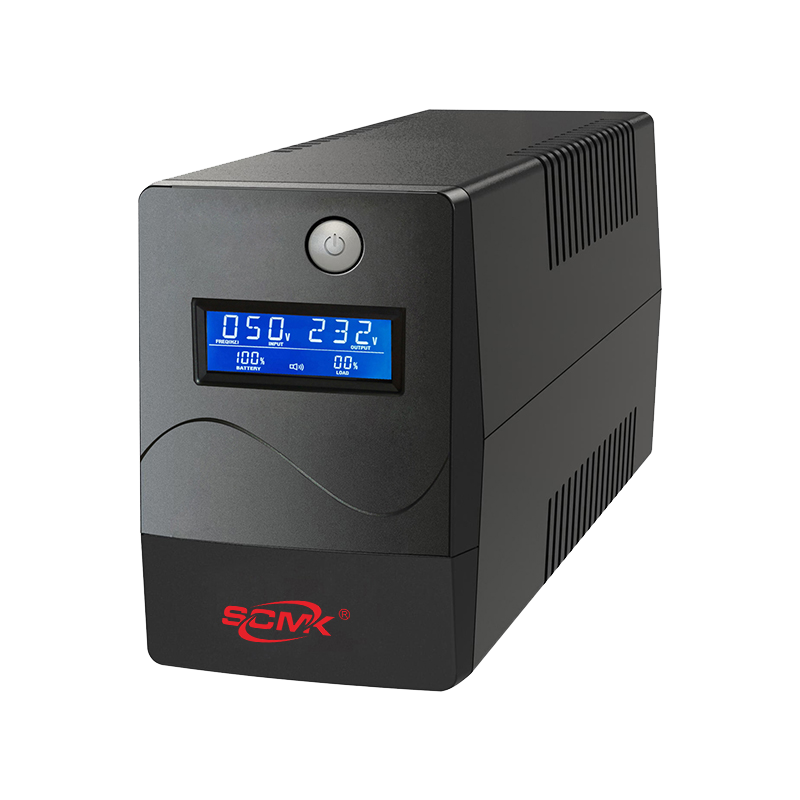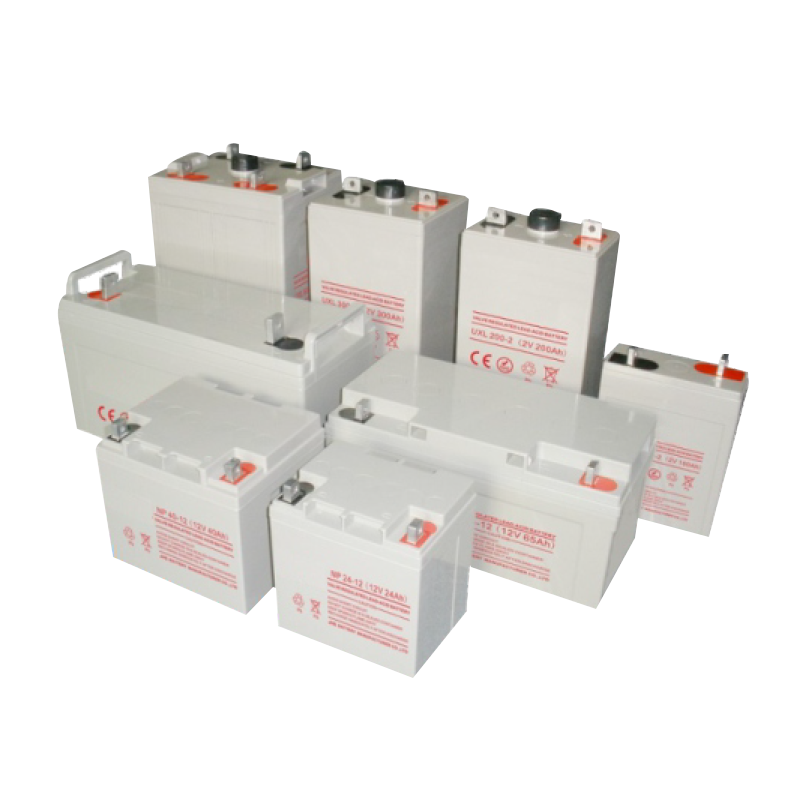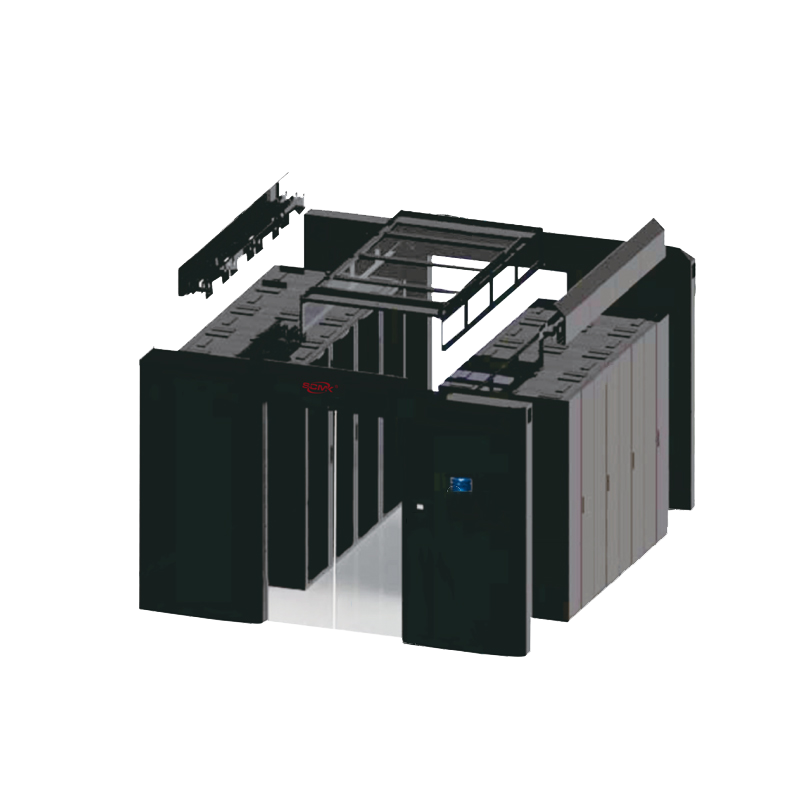 Language
LanguageWith the continuous development of technology, UPS power has been widely used in various industries. However, different devices and scenarios have different requirements for UPS power supply, so customized selection of UPS power supply has become particularly important. This article will focus onUPS power customizationThe discussion of chemical selection aims to provide valuable reference information for readers.
1、 Determine requirements
Before choosing a UPS power supply, it is important to first clarify the equipment's requirements. This includes factors such as equipment power, load type, power supply requirements, environmental conditions, and budget. Only when the requirements are clearly defined can a UPS power supply that meets the actual needs be selected.
2、 Understand the types of UPS power supply
UPS power supply is mainly divided into three types: online, backup, and online interactive. Online UPS power supply can continuously provide pure electricity, but the price is relatively high; The backup UPS power supply only plays a filtering role when the mains power is normal, and its price is relatively low; The online interactive UPS power supply combines the advantages of the first two and has a high cost performance ratio. Choosing the appropriate UPS power supply type based on actual needs can better balance the performance and cost of the equipment.
3、 Consider the performance parameters of UPS power supply
When selecting UPS power supply, it is necessary to consider its performance parameters, such as voltage, frequency, load power factor, etc. These parameters will directly affect the performance of UPS power supply, so it is necessary to choose according to actual needs. In addition, it is also necessary to pay attention to the performance of UPS power supply in terms of battery life, reliability, and intelligent management.
4、 Choose reliable suppliers and service providers
Choosing reliable suppliers and service providers can ensure the quality and after-sales service of UPS power supply. When selecting suppliers and service providers, one can refer to their qualifications, performance, service capabilities, as well as reputation information such as customer evaluations. Choosing strong and reputable suppliers and service providers can provide strong support for the stable operation and later maintenance of UPS power supply.
5、 Customized selection plan
Customized selection schemes for UPS power supply have emerged to meet the needs of different industries and scenarios. Customized selection schemes can be customized according to actual needs, including the power of UPS power supply, battery capacity, output voltage frequency, communication interface, and other aspects. By customizing the selection scheme, we can better meet the personalized needs of customers and improve the effectiveness and reliability of UPS power supply.
6、 Considering energy-saving and environmental protection factors
With the increasing attention of society to energy conservation and environmental protection, the energy-saving and environmental protection performance of UPS power supply has also become one of the important factors in selection. When choosing UPS power supply, attention should be paid to its energy efficiency level, energy-saving mode, and environmental certification. Choosing an efficient, energy-saving, and environmentally certified UPS power supply can not only reduce energy consumption and carbon emissions, but also bring a win-win situation for enterprises in terms of economic and social benefits.
7、 Intelligent management
With the development of Internet of Things technology, intelligent management of UPS power has become a new trend. Intelligent management can achieve remote monitoring, fault warning, data analysis and other functions, improving the management efficiency and reliability of UPS power supply. When choosing UPS power supply, it is necessary to pay attention to whether it has intelligent management functions, as well as information on the scalability and compatibility of this function.
In summary, the customized selection of UPS power supply needs to consider multiple factors, including demand determination, type selection, performance parameters, supplier and service provider selection, customized solutions, energy conservation and environmental protection, and intelligent management. Only by comprehensively considering these factors can we choose UPS power sources that meet practical needs and provide reliable power support for the development of enterprises.







































































